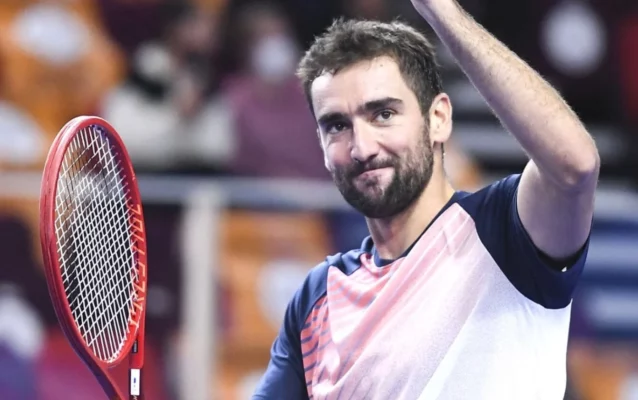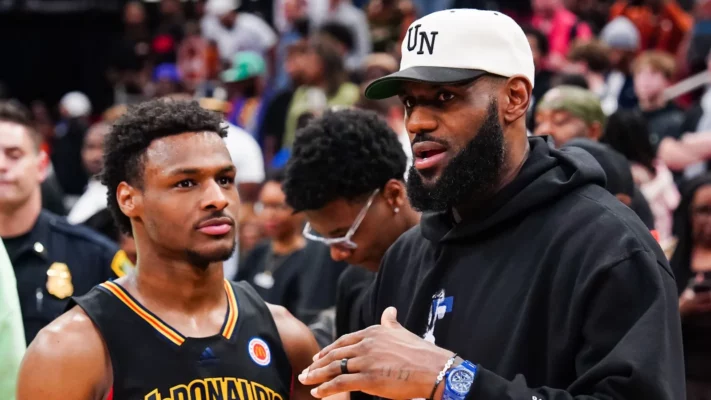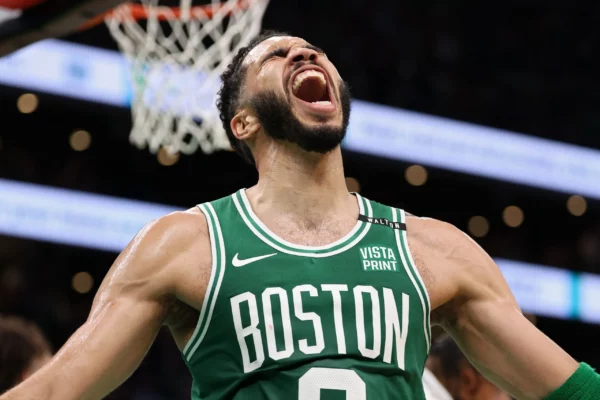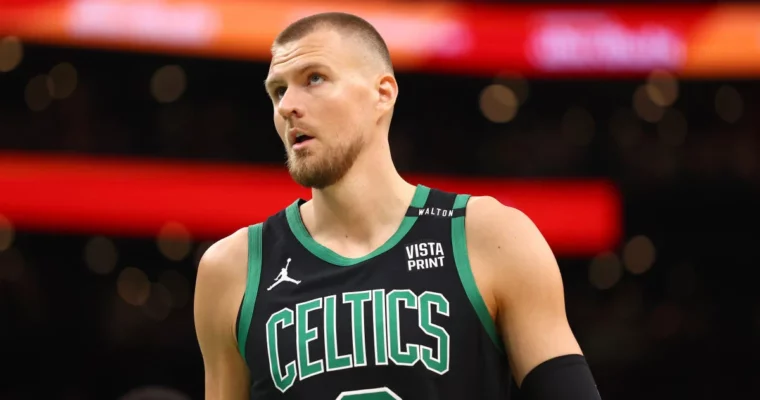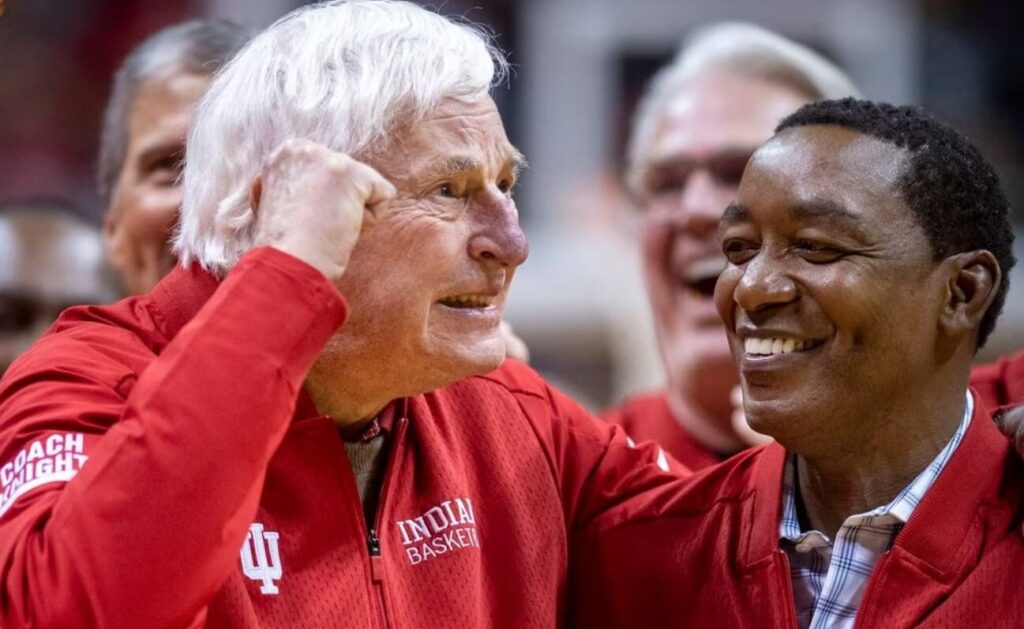
In the annals of college basketball, few figures have sparked as much admiration and debate as Bob Knight. His journey through the world of basketball was a dichotomy of astounding triumphs and profound controversies, leaving an indelible mark on the sport. From his early days molding raw talent to his reign at Indiana University, where he reached the pinnacle of success, to the incidents that tarnished his legacy, Knight’s story is one of complexity and contradiction. As we delve into the life and career of this enigmatic figure, it becomes clear that his impact on basketball transcends the boundaries of the court.
The Beginning: A Rise to Prominence
Born in Orrville, Ohio, Bob Knight’s journey in basketball began as a player at Ohio State, where he was part of the 1960 National Championship team. After a brief assistant coaching period at Army West Point, Knight ascended to the head coach position at just 24. During this time, he also served in the military, both on active duty and in reserves.
In 1971, Knight’s career took a pivotal turn when he took over the reins at Indiana University. He replaced Lou Watson and acting head coach Jerry Oliver. Watson’s tenure had been lukewarm, with a record of 62-60, while Oliver held a 7-17 record. Knight was set to elevate Indiana to new heights.
Achievements: The Indiana Era
Bob Knight’s tenure at Indiana University was nothing short of legendary, cementing his status as a basketball coaching titan. Under his guidance, the Hoosiers soared to new heights, clinching three coveted National Championships that echoed his strategic genius. Knight’s era at Indiana was marked by an unwavering commitment to excellence, resulting in a remarkable 11 Big Ten Championships and a distinguished reputation as a cradle of basketball greatness.
Building a Basketball Powerhouse:
- First Years: Knight’s impact was immediate. In his second season, he secured a Big Ten Championship and led the Hoosiers to a Final Four appearance.
- Perfect Season: The 1975-76 season saw Indiana achieve an unprecedented feat: a perfect 32-0 record, culminating in a National Championship win against Michigan.
- Further Successes: Knight’s tenure at Indiana was marked by: 11 Big Ten Championships; 5 Final Four appearances; 3 National Championships; 1 NIT Championship.
- Accolades: Knight accumulated 662 wins, 3 AP Coach of the Year, and 5 Big Ten Coach of the Year awards.
Knight was known for his focus on the motion offense and intense man-to-man defense. He also placed a strong emphasis on academics, with claims of up to 98% of his players graduating from Indiana.
Knight coached several basketball legends, including Isiah Thomas, Calbert Cheaney, and Steve Alford. His coaching tree extends to notable figures like Mike Krzyzewski and Mike Woodson.
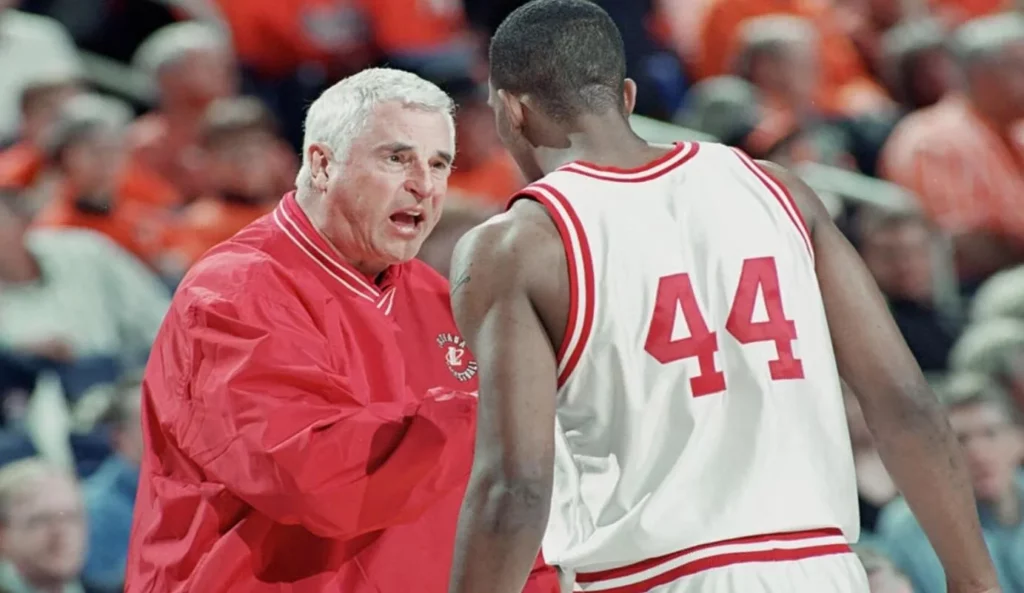
The Controversies: Knight’s Downfall
Despite his legendary status, Bob Knight’s career was riddled with contentious episodes that ultimately led to his dismissal. His often explosive demeanor and contentious interactions not only with players but also with authorities, cast a shadow over his achievements. These controversies, marked by moments of aggression and polarizing comments, played a pivotal role in his eventual downfall.
Infamous Incidents:
- 1979 Pan American Games: Knight was charged with assaulting a San Juan police officer. Although found guilty, he was not extradited.
- 1985 Chair Incident: Knight’s temper was on full display when he threw a plastic red chair across the floor during a game against Purdue.
- 1988 NBC Interview: Knight made a highly insensitive comment regarding rape during an interview with Connie Chung.
- 1992 Bullwhip Incident: Knight faced backlash for using a bullwhip in a practice session, drawing ire from the NAACP.
The culmination of Knight’s controversial actions came in 2000 when CNN Sports Illustrated released a story alleging that Knight choked player Neil Reed during a practice in 1997. Video evidence supported this claim. Following this incident and a confrontation with an IU freshman, Knight was fired from Indiana University.
Later Years and Death
After his departure from Indiana, Knight coached at Texas Tech for seven seasons before retiring in 2008. His tenure there was marked by relative calm compared to his time at Indiana.
Despite a strained relationship with the administration at Indiana, Knight made a return to the campus in 2019 and appeared at an Indiana baseball game. On February 8, 2020, he made an emotional return to Assembly Hall, welcomed by a roaring crowd.
Sadly, on October 25, Knight passed away at the age of 83. His family announced his passing on the social media platform formerly known as Twitter. They requested that his legacy be honored with contributions to the Alzheimer’s Association or Marian University.
“All of you guys go home tonight, do me a favor, get on your knees and say a prayer for Bob Knight and his family,” Mike Woodson, Indiana head coach, said on October 20 at Indiana’s annual Hoosier Hysteria.
A Complex Figure in College Basketball
Bob Knight’s legacy in college basketball is a tapestry of incredible achievements and undeniable controversies. His coaching genius, which brought unparalleled success to Indiana, was often overshadowed by his fiery temper and controversial actions. As the basketball world mourns his passing, it also reflects on the indelible mark he left on the sport—a mark defined by both brilliance and blemish.



